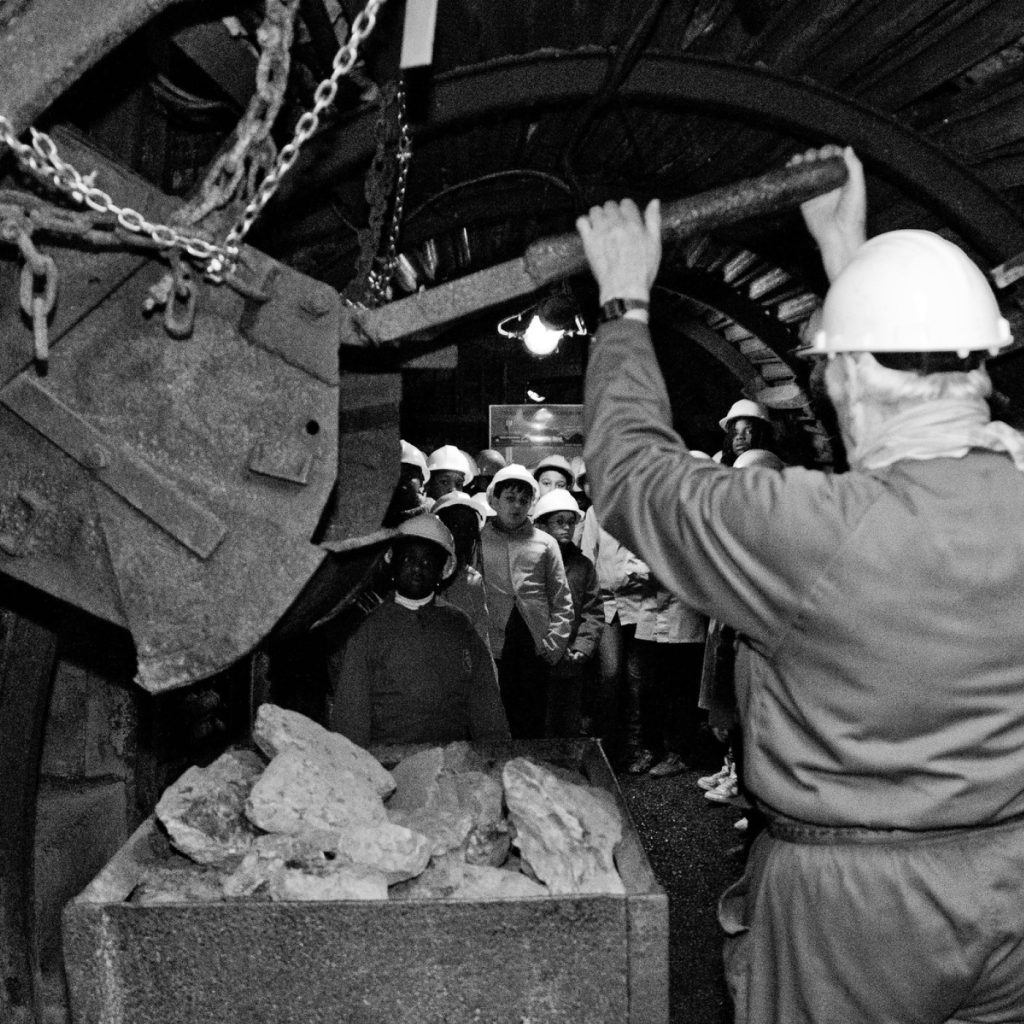Just energy transition: a reality test in Europe’s coal regions

In Europe, the transition away from coal started decades ago but remains incomplete. Coal phase-out now seems inevitable for economic and political reasons.
The declining competitiveness of coal and European coal mining, together with European Union’s (EU) climate and air pollution objectives make coal an energy of the past. Nevertheless, phasing it out entails important social and political risks. As this coal phase out partially results from policy decisions of the EU, the latter must act to help its coal regions address those risks and achieve a socially fair energy transition.
With 450,000 jobs at stake, social and political consequences of a disorderly coal phase-out can be disastrous, further weakening already fragile territories, deepening the European regional divides and boosting political resentment.
Despite its shortcomings, the Coal Regions in Transition Platform, created by the European Commission in 2016, reflects the EU’s willingness to develop a truly proactive approach to performing a socially fair energy transition. Indeed, the EU attempts to anticipate and mitigate the unavoidable economic and social consequences of the coal phase out, rather than merely respond to its unfolding consequences in a reactive and purely compensatory manner.
Ensuring a socially fair energy transition for coal regions is of paramount importance to guarantee the political sustainability of this transition. As such, the Coal Regions in Transition Platform is a necessary component of the ‘Social Pact for the Energy Transition’ that the Jacques Delors Institute calls for.
“We’re not just talking about jobs and money… it’s about our existence” Christine Herntier, mayor of the German coal town of Spremberg




